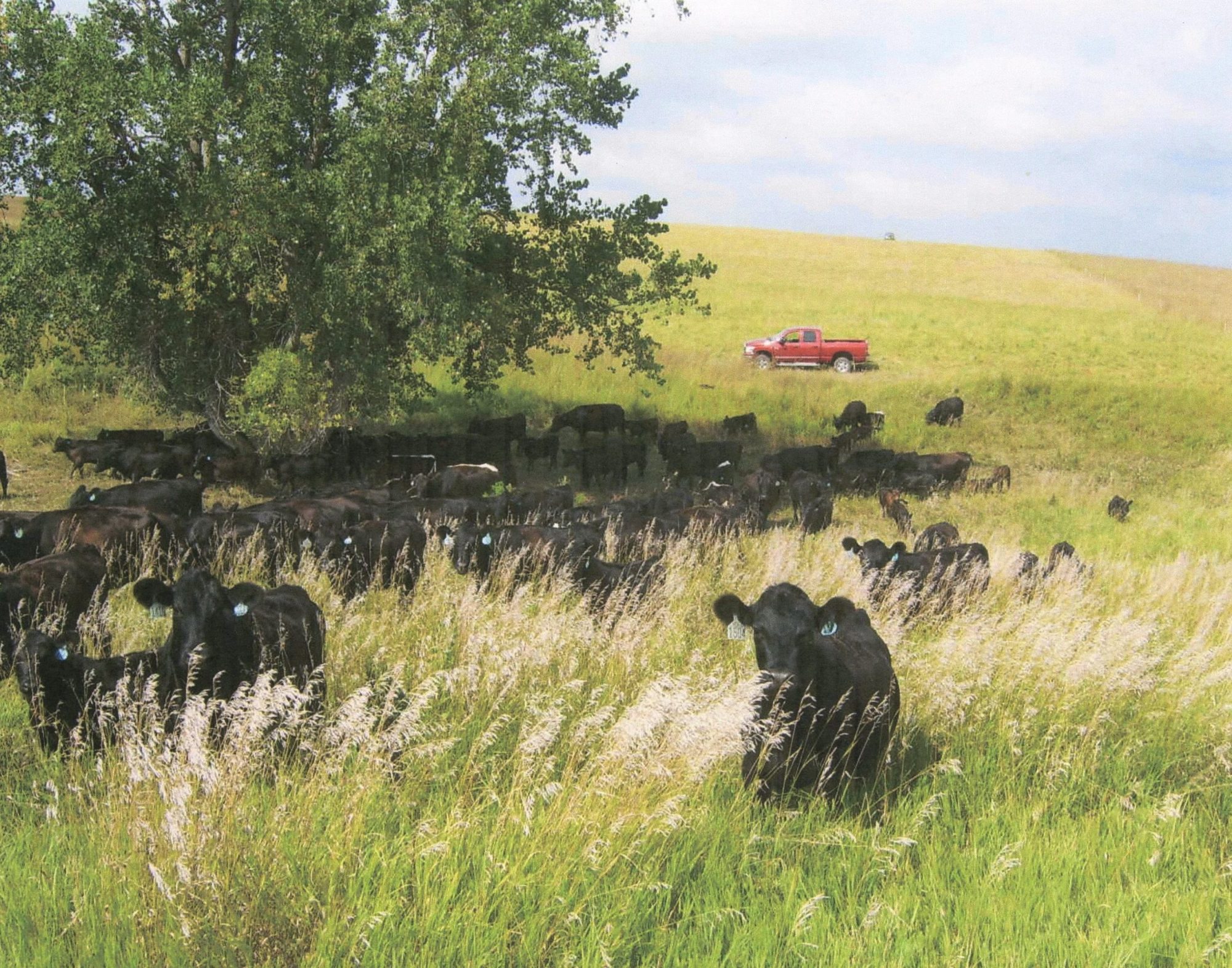
By
Jim Steffen
This website is for retired farmland owners, working owner-operators, and farmers in the Omaha area who rent ground from neighbors. By way of background, we own 78 acres of certified organic pasture west of Bennington, Nebraska and 320 of organic (un-certified) pasture south of Massena, Iowa. Both places are rented to experienced beef cow-calf producers. We have owned these farms since the 1950’s and 60’s. They are not profitable.
Why Small Farm are Money Losers
Our farms are too small, by themselves, to attract volume buyers who are willing to pay market prices for specialty crops and livestock. Judging by the number of small producers who go out of business every year, we have lots of company. Returns on capital and labor are no better for those of us who have tried local farmers markets, home delivery, local aggregators, restaurants, and the internet. USDA research, particularly charts seven and eight in this data set show clearly why small farmers, by themselves, are losing money.
More Farmers for Farmer-Owned Retail Food Brands
Small farmers and farmland owners cannot survive without backing from landowners, local investors, and especially, consumers – in large numbers. Our business goal is to support local farmers who work with their neighbors and local investors to build their own retail food brands for Omaha area grocery markets.
This means we need many more skilled farmers, along with new food processing companies, to supply an interesting variety of foods that can compete with imported (non-local) brands on price, quality, and availability.
We also need more efficient farms! Our present focus is on organizing farmland for conventional and specialty commodity markets and on building relationships with local direct sellers who are interested in retail grocery markets.
Regenerative Production Units
Our demonstration projects start with farmer and landowner meetings to discuss, 1) Efficient regenerative production units, 2) Selecting experienced local farmers to manage production units, 3) Building public support for local processing and expanded direct sales, and 4) Working with our company to engage qualified local investors.
A local production unit is a group of contiguous and nearby farms leased, with purchase options, directly to an experienced farmer selected by the landowners. In other words, four farms, four separate leases. Distributed landownership spreads market and weather risks while regenerative production methods reduce costs, rebuild soils, and improve income from conventional and specialty commodity markets – without selling land to raise money.
We are also inviting local governments, regional planning groups, and economic development agencies to host local landowner meetings.
Local Brand Leaders
Researchers from Iowa State University have made a compelling case for farmer-owned food brands in midwestern agriculture. Farmers need lasting relationships with nearby urban consumers (in large numbers) in order to support decent household incomes for farmers, farm workers, and food workers.
We are in discussions with younger cow-calf producers who are already selling beef to neighbors, local grocery stores and restaurants. We are inviting these entrepreneurs to apply for production unit farm and market management positions that include farmland purchase options. Combining well-funded direct sales with more land opens the door to increased direct sales and future retail brand development projects.
My company and business partners will work directly with production unit landowners and young farmers to develop preliminary business plans. We will also help landowners select a farmer for their new production unit.
Public Support
By themselves, small farmers, landowners, and their organizations are not positioned and equipped to reach large numbers of local and regional consumers. We will use a Slow Money public meeting format to educate consumers and investors. I am a member of the Let’s Eat Investment Group of Omaha, a local Slow Money group.
As with business planning, we will work with landowners and their production unit farm managers to plan and conduct public and investor information programs. These programs are designed to attract qualified local investors to regenerative crop and livestock production and marketing.
Qualified Investors
Investor backing is key to building farmer-owned brands with the potential to succeed in high-end local and regional grocery stores, and in time, in all grocery stores regardless of demographics. We intend to work directly with production unit landowners, farmers, and their advisors to negotiate risk capital investments with a minimum of debt across farmer-controlled food chains.
Our services are explained in more detail on the following pages. Please read on and then contact me for an appointment.
Thank you.
Jim Steffen, President
Massena Corporation
402-317-2639
jim@massenafarms.com
Posted 09-09-25
